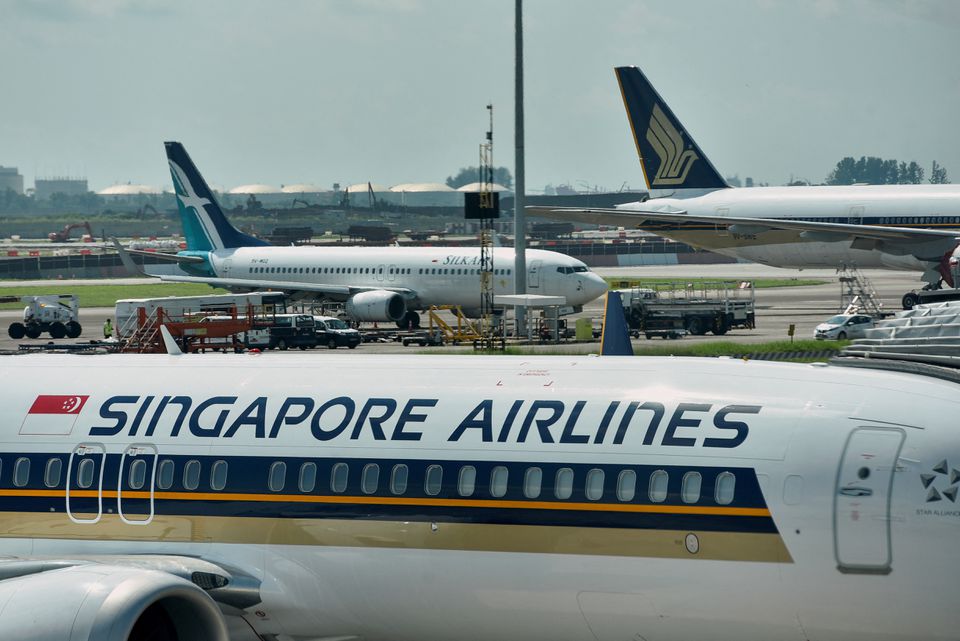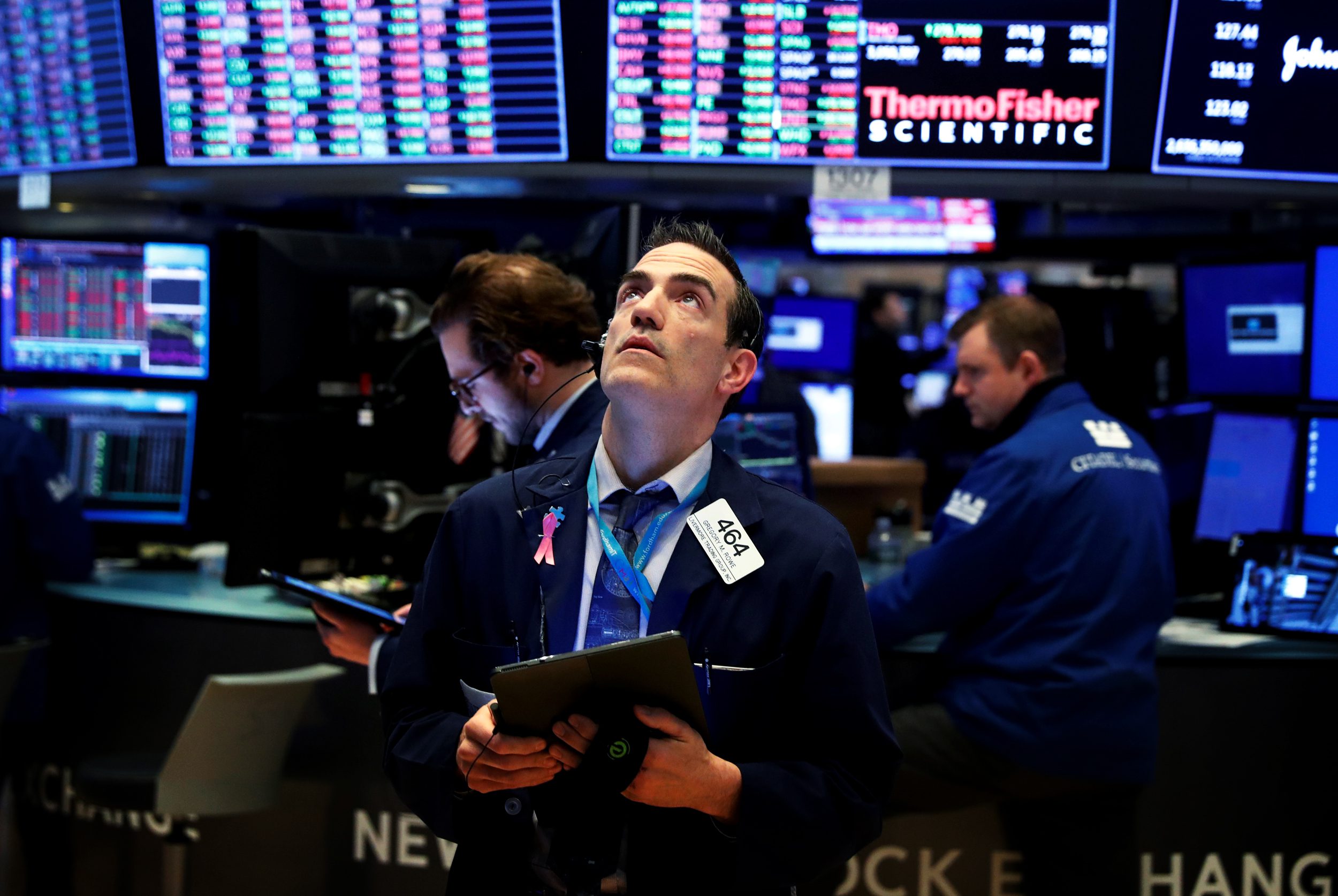Emirates has announced the return of its A380 on the Dubai to Auckland route after a three-year hiatus
Emirates has announced the return of its Airbus A380 service connecting its hub, Dubai to New Zealand.
The superjumbo jet will fly for around 16 hours—making it one of the longest routes available on its network.
It is also one of the world’s longest non-stop commercial flights.
The Covid-19 pandemic brought the global aviation market to a grinding halt.
Many carriers slowed or even stopped their commercial long-haul routes.
5. Melbourne—Dallas
Pushing back from Melbourne every Monday, Wednesday and Saturday, Qantas recently took off on its first flight to Dallas Fort Worth International Airport.
QF21 takes off at 2pm local time and arrives at 12:45pm local time. That’s 15 hours and 45 minutes up in the sky.
Sean Donohue is DFW’s Chief Executive Officer, who said the route connect Qantas to a range of destinations across the U.S. and the Caribbean.
“As the second busiest Airport in the world, it makes sense that Qantas looked to expand service here to take advantage of all that we offer and to give Qantas customers another option to the U.S.”
The return leg is a little longer, with QF22 departing at 7:10pm and travelling for 17 hours 35 minute before touching down in Melbourne at 5:45am two days later.
4. London—Perth
Another Qantas flight takes make the list as one of the world’s longest non-stop commercial flights.
This time, the London Heathrow to Perth International route takes passengers on a 17 hour and 20 minutes journey from the UK to Australia.
This flight has been operating since March 2018 and uses the wide body 787-9 Dreamliner for the 14,500km journey.
3. Doha—Auckland
This route, operated by Qatar Airways, is currently on hold. Instead, passengers will need to connect to Auckland, New Zealand through Adelaide.
The Managing Director at Adelaide International, Brenton Cox said Qatar Airways will operate daily for the first time in nearly three years.
“Flights to Doha offer excellent connections to European destinations, while the onward services from Adelaide to Auckland are proving very popular.”
“Our local exporters seeking aviation freight links via New Zealand and Doha can benefit from the consistent daily connections to major trading partners around the globe,” Mr Cox explained.
The once 17 hours and 25 minutes journey would take passengers across 14,535km between the two nations.
2. Newark—Singapore
Passengers can travel between New Jersey and Singapore on SQ21, which operates seven days a week.
Singapore Airlines suspended the 18 hour and 10 minute journey in March 2020 as passenger numbers dropped at the onset of the pandemic.
1. New York—Singapore
Singapore Airlines’ previous record has been eclipsed by the New York to Singapore route.
Passengers will spend 18 hours and 15 minutes in the sky. The Airbus A380 clocks 15,349km as it travels from New York’s John F. Kennedy International Airport to Changi in Singapore.
Singapore Airlines said journey will “better accommodate a mix of passenger and cargo traffic on its services to New York in the current operating climate.”



 Shows4 days ago
Shows4 days ago


 News5 days ago
News5 days ago


 Shows23 hours ago
Shows23 hours ago


 News4 days ago
News4 days ago


 News3 days ago
News3 days ago


 News4 days ago
News4 days ago


 News4 days ago
News4 days ago


 News3 days ago
News3 days ago














